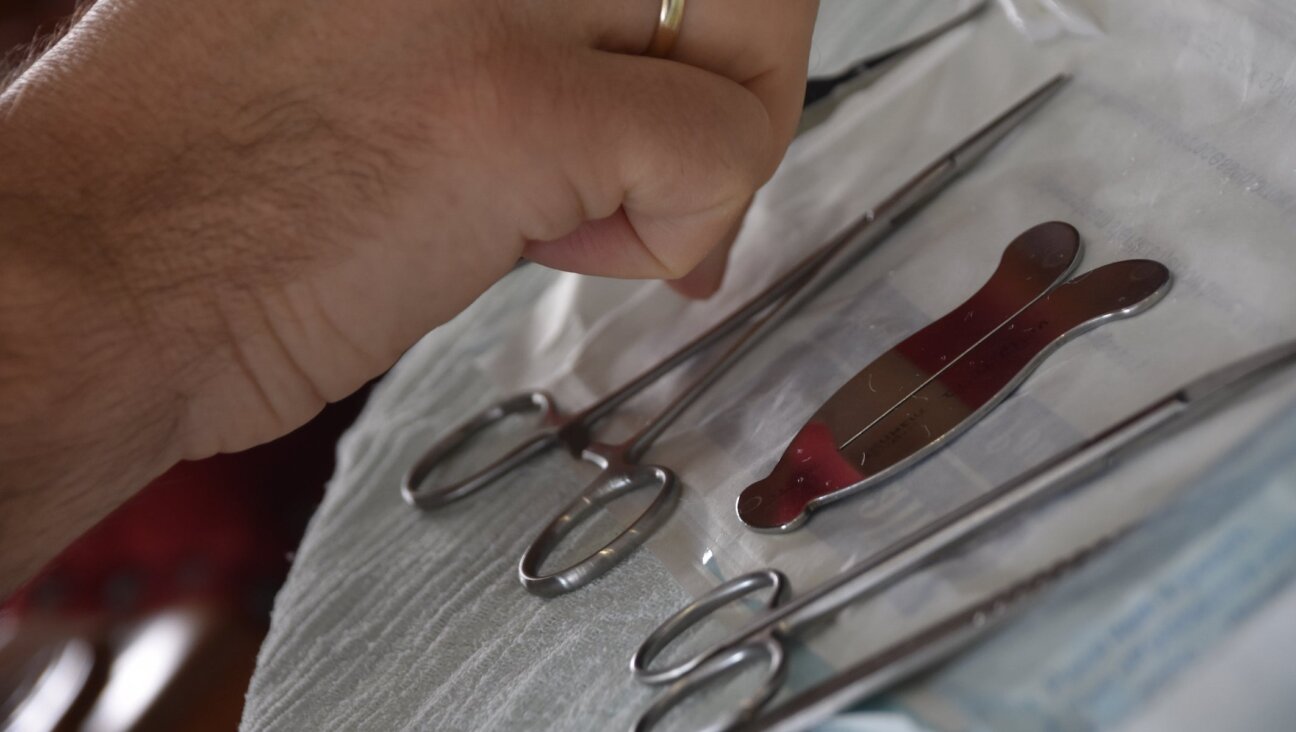Sandstorm Is Worst for Israel Since Independence

Graphic by Angelie Zaslavsky
Israel’s ongoing sandstorm is the worst since before the founding of the state in 1948, according to the Israeli Environmental Protection Ministry.
The sandstorm blanketing the region, which began Tuesday and is expected to continue through the weekend, has released the highest concentration of dust particles in more than 65 years, the Times of Israel reported Friday.
The sandstorm has affected large swaths of Lebanon, Syria, Egypt and Cyprus, and in Israel has led to record electricity consumption and air pollution highs. The previous electricity consumption record was set in August during a heatwave.
Scientists are uncertain what caused the storm, with some saying it is related to agricultural disruptions caused by the Syrian civil war and others suggesting it stems from global warming, i24news reported.
On Tuesday, air pollution in Jerusalem was 173 times higher than average; in the Negev, 51 times higher than average; and in the Galilee, 32 times higher than average, according to the Times of Israel.
The Environmental Ministry has warned Israelis not to stay outside for extended periods. The storm has caused several respiratory-related deaths and hospitalized more than 2,500 in Lebanon, according to the Washington Post.
















